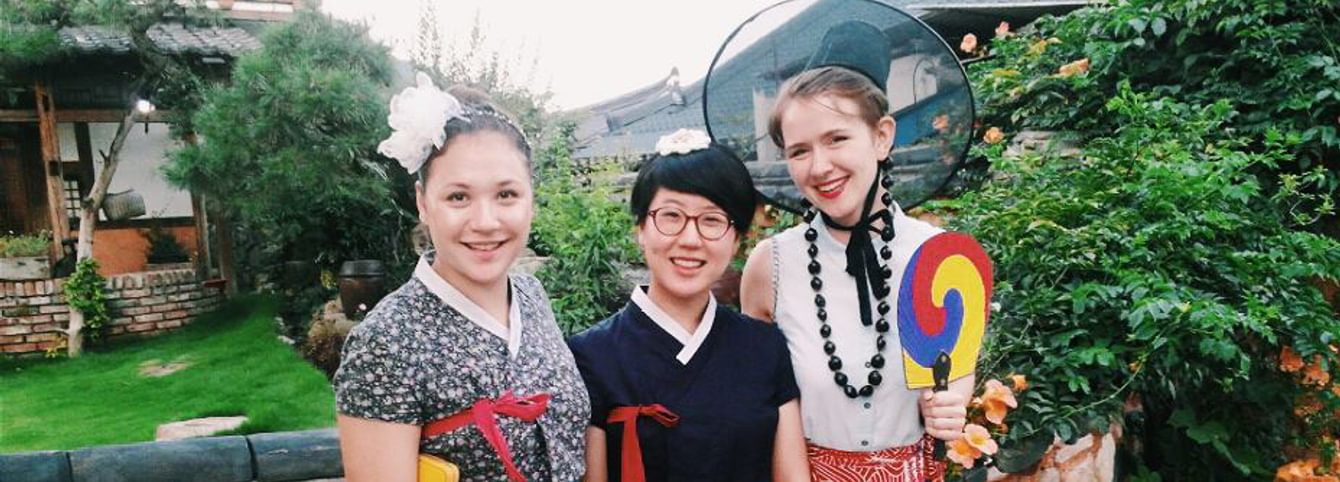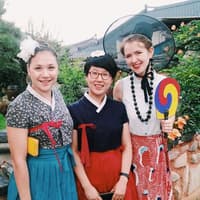Sonia Kim
Sonia Kim is an alumna of the 2016 CLS Korean program in Gwangju, South Korea. A former K-12 educator, she is currently an instructional designer at Udemy, an educational technology startup. She received her B.A. in English from Brown University and her Ed.M. in learning and teaching from the Harvard Graduate School of Education. In her free time, Sonia enjoys photography, film, Asian-American fiction, and exploring the Bay Area; she is always on the hunt for the next best Korean restaurant in San Francisco.
Why Korean?
I was born and raised in Los Angeles, which has a sizable Korean community. Although my parents spoke to me in Korean when I was a child, I slowly lost the language as I grew older. Language has always fascinated me; I believe that it has the ability to color and shape the nature of a person’s thoughts. I became more interested in learning Korean during and after my college years, when I realized the frustration of being unable to express my thoughts in Korean as I was able to in English. After college, I received a Fulbright scholarship to teach English in Seoul. The Korean my students used was so different from the earthier, more dialect-inflected Korean of my parents. They used slang and clever abbreviations and “Konglish” terms I had never heard before. Seeing the language change in such a dynamic way got me interested in re-learning Korean to communicate more effectively with my students, my Korean friends, and my extended family.
In a word…
My favorite word in Korean, 정 (“jeong”), has no direct translation from Korean into English, but I think it is such a beautiful concept. It describes the feeling that results from creating a loving and compassionate bond with another person. As a group, we definitely built a lot of 정 doing CLS this past summer!
An Old Soul
Being Korean-American proved to be tricky at some points when I couldn’t find the right word or the right way to phrase something in the moment. Oftentimes, strangers would just assume that I was a native student who spoke the language perfectly. I remember taking a taxi once in Gwangju with an especially talkative cab driver. We had been talking about the weather or something equally mundane before he blurted out, “Why do you talk like an아줌마 ajumma (middle aged woman)?” He realized that my Korean sounded a bit old-fashioned because I had learned some words from my parents who immigrated to the States in the 1980s. I was initially surprised at his directness (in Korean culture you can be incredibly direct about some topics but not others), but we had a good laugh about it afterwards.



